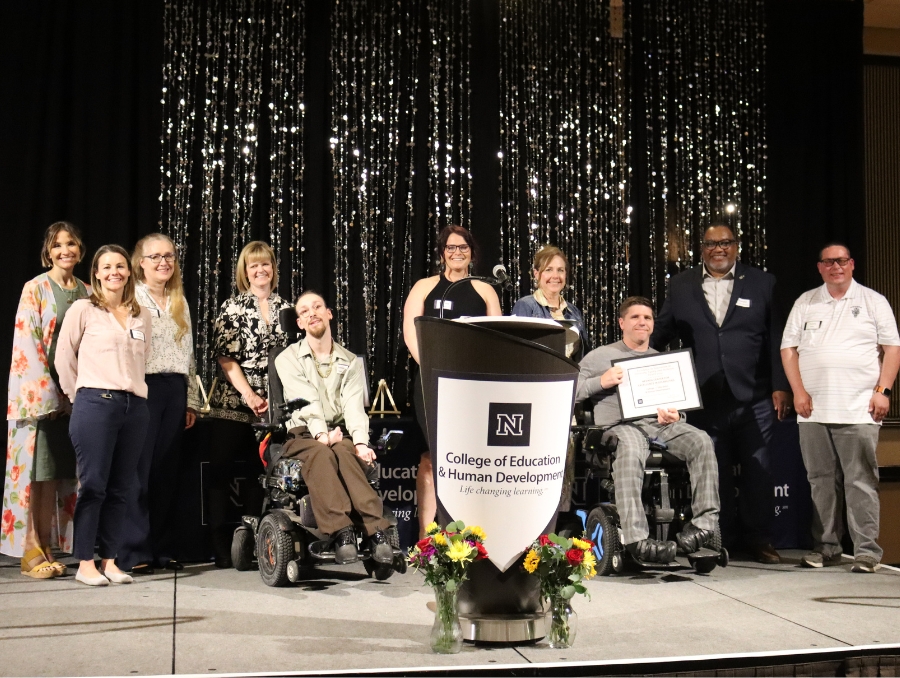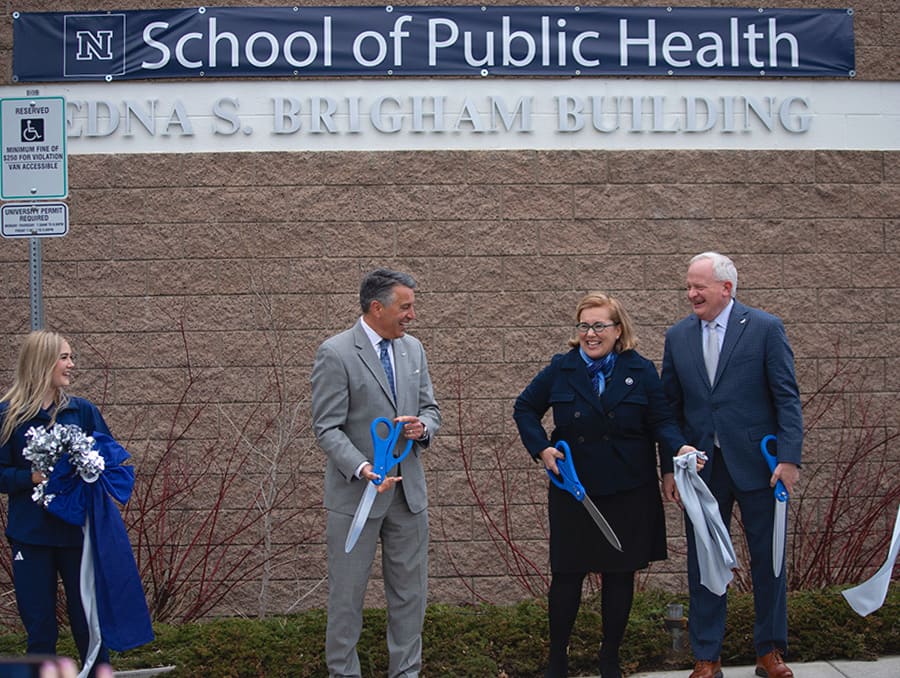Manuel Bayona, director of the University of Nevada, Reno's School of Public Health, will become the Director General of Epidemiology for Mexico in June 2007. Bayona will work out of Mexico City and will handle epidemiological issues for the 32 Mexican states at the federal level.
"Being able to do work that has the potential to positively impact the public health of Mexico is what attracted me to this position," Bayona said. "I am lucky enough to have several friends and former classmates in strategic areas of the Mexican public health department. I am looking forward to working together with them to make a difference."
In his new role, Bayona will work to contribute to the improvement of the health conditions of Mexicans by overseeing epidemic investigations, a medical residency and master's degree program, conduct epidemiological evaluations of intervention programs and provide weekly reports regarding the country's epidemiological situation.
"I am happy to take on this new and challenging role," Bayona said. "Mexico needs more help to change things for the better. This is the only time in my life where I will have an opportunity to help the people of my country; although I am Mexican, I have never had an opportunity to work full-time in Mexico."
Mexico is facing many of the same problems that the U.S. is dealing with including cardiovascular disease, lung cancer, asthma, HIV-AIDS, obesity and diabetes.
Additionally, he will begin developing a new doctorate program and will further foster the medical residency program that is academically co-sponsored by the National University of Mexico and the Mexican National Institute of Public Health.
"The main reason I was selected for this position was because of my academic background and experience," Bayona said. "The Mexican health department needs to become more academic to enhance its everyday work and maintain quality research and service. Similar to my role within the School of Public Health here in Reno, in addition to my administrative responsibilities, I will continue teaching and conducting research."
Bayona joined the College of Health and Human Sciences School of Public Health on July 1, 2005. While in the director role, he further developed the School's developmental and strategic plans. He also developed an administrative structure, organizational charts and hiring plans for the new School that was founded in 2004.
During his tenure at Nevada, a new master's and doctoral degree programs in the core areas of public health were developed. The four core areas include epidemiology, environmental health, health policy and management and social and behavioral sciences. Several new faculty members have also been hired including the chairpersons for the departments of environmental health, health ethics and policy and management.
Additionally, Bayona fostered networking opportunities within and outside the School. He has established a strong, successful relationship with local and state health departments and promoted a very good relationship with the new school of public health at the University of Nevada, Las Vegas.
"Manuel has done good things for the School of Public Health," said College of Health and Human Sciences Acting Dean Charles Bullock. "We wish him great success as he takes on this exciting new role. The College of Health and Human Sciences will miss him."
Before coming to Nevada, Bayona was an associate professor of epidemiology and director of the doctor of public health program at the University of North Texas School of Public Health. He also served as a faculty member at the following universities: Nova Southeastern University in Ft. Lauderdale, Florida; University of Carabobo in Maracay, Venezuela; and the University of South Florida in Tampa, Florida.
Through education, research, and community outreach, the College of Health and Human Sciences is dedicated to the development of tomorrow's leaders who will help build a healthy Nevada through the prevention and resolution of the issues that challenge people's everyday lives.
Nevada's land-grant university founded in 1874, the University of Nevada, Reno has more than 16,000 students and four campuses with Cooperative Extension education programs in all Nevada counties. The University is listed as one of the country's top 150 research institutions by the Carnegie Foundation, and is home to America's sixth-largest study abroad program and the state's medical school.











